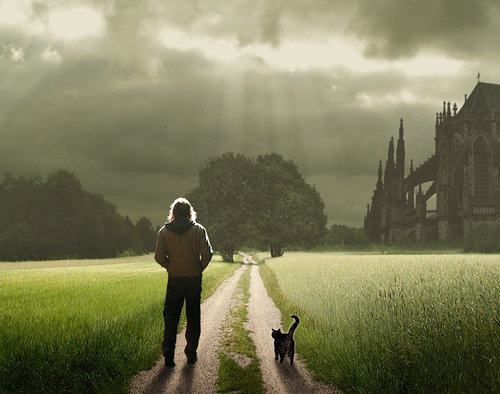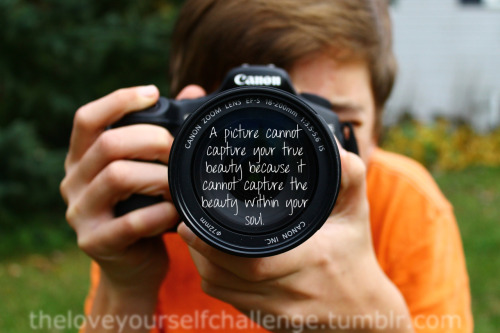Tuesday, May 15, 2012
A Year to Live: Inhabiting the Body In Order to Leave It?
Tuesday, April 17, 2012
Clarissa Pinkola Estes: The Wild Flesh of the Body
Tuesday, March 13, 2012
Falling Out of Love...With Your Body

Does anyone else remember being madly in love for the first time? (Well, or the second, or the third?) It feels so wonderful in the beginning-a rush of connection, interest and that feeling of specialness. You complete each other's sentences, find out that you love the same obscure song from the 70's and remember the same lines from the movies. You share stories of your lives, music, philosophy. The world opens up bright and open.
Tuesday, March 6, 2012
Looking for the Good--A Remarkable Interview

Tuesday, February 28, 2012
Your Body And the Law of Attraction

Tuesday, February 21, 2012
Tumblr's Love Yourself Challenge!
Tuesday, February 14, 2012
Your Body Is Your Valentine

Tuesday, February 7, 2012
A Prayer to Honor the Body

Tuesday, January 31, 2012
Curiosity Did Not Kill The Cat
(Image taken from wallpapersup.net)
Do we experience our symptoms as something that happens to us, blind-siding and shocking us? Or as a form of communication from our bodies? What does weight gain want to tell you? Chronic pain? What’s the learning you get pulled into as a result?
If we look at our bodies as allies rather than enemies, they are always acting in our highest good. A bodymind scientist named Candace Pert even goes to say that “our bodies are our subconscious minds” speaking to us. This is often misconstrued as blaming or finger-pointing, a la you created your own cancer, you wanted this illness on some level, etc. I think we have to be careful with how we let ourselves interpret the understanding of our bodies as communicators.
From a place of connection to our bodies, as with anything in life, we can look at what there is to learn and understand, not just be victims to circumstance. That’s the shift that wants to happen when we talk about our bodies and their symptoms having a ‘use’ to us. Through them—as with any life experience we embrace meaningfully—we learn and grow, rather than just resisting and getting stuck.
Look at whatever is happening with your body right now and ask yourself the simple question of whether or not you have embraced it and become curious about it, or resented and resisted it. At a certain level it’s just a matter of energy: one point of view opens us and gives us meaning and the other shuts us down.
When symptoms feel like they have the better of us, it’s good to be curious about them and see what’s there. We’re not getting out of it anyway—we may as well embrace it. What does it really feel like to be carrying this extra weight around? How might it be telling you about other ways in which you are dragging, resisting, avoiding life? What is it like to awake in the middle of the night with chronic pain? Like a child, what does it want from you and how does it teach you deep compassion with yourself and your experience?
Anything in life can be a teacher or something we resist. Finding the way to let in the relationship to our bodies rather than feeling like symptoms ‘happen’ to us gives us a way of being curious and making meaning. How can you compassionately listen to your body’s symptoms today? What might they share with you about your life and the lessons your soul has to live?
Tuesday, January 24, 2012
Breaking the Cycle: Unconscious Behaviors & the Body

Tuesday, January 17, 2012
Returning After A Long Absence

Tuesday, January 10, 2012
The Lullaby of Sleep




